Establishing A Teen Creative Writing Workshop a guest post by Rayne Lacko
Every teen has something to say. They need a safe place to discover, cultivate, and share their emerging voices. Creating a Teen Writers Workshop at your library allows young people the opportunity to grow both as writers and readers. I’ll show you how two YA authors teamed up with a teen librarian to create a successful monthly workshop, and let you in on The Secret Workshop Ingredient That Changes Lives.
Do Teens Really Want to Come to a Writing Workshop?
Armed with a solid vocabulary and capable of articulating complex thoughts, teens wrestle with tough social and political questions, and discover feelings strong enough to drive them to activism, to social justice, to speaking up. They are passionate about their values and principals and hold a deep desire to share their views authentically—without negative judgment from peers. Some teens create a persona on social media, or step up to a visible leadership role as a path to figuring out what the future holds and how they fit in it. Other teens immerse themselves in words, filling journals with prose, line drawings, dreams, and rants. Many slip into the fictional dreamworlds provided by YA novels, admiring how favorite protagonists handle the big questions of growing up.
ADVERTISEMENT
ADVERTISEMENT
Over the last four years teaching the Teen Writing Workshop at Bainbridge Island branch of Kitsap Regional Library (WA) to writers in grades 7-12, our workshop has attracted the journal-fillers and passionate storytellers already halfway through their first novel manuscript; our workshop is haunted by the deep readers, and quiet-but-powerful thinkers kept awake at night by make-believe characters acting out scenes in their heads. A few high-achieving English students come for enrichment, but we’ve had just as many sports fans, kids on the spectrum, and home-schooled students with so much imagination it can’t help but spill on the page. Occasionally a determined graphic novelist slips in to observe, longing to uncover the magic of story structure in order to sequence their beloved drawings to a climactic finale. At first, we did not attract the outspoken, the ones hoisting a megaphone for the troubles of adolescence instead of a pen. But that soon shifted.
Getting Started and Building Community
Lots of libraries provide space for teens to write, it’s true. Sometimes favorite authors come to talk, or writing prompts are provided. Those programs are excellent, but participation is unreliable. Teen librarian Stefanie Reddy wanted to establish a committed circle of enthusiastic regulars and reached out to published writers/editors in the community to lead.
In partnership with another Young Adult author Margaret Nevinski, we offer a one-and-a-half-hour monthly workshop based on curriculum she created, and let every English, Language Arts, and Creative Writing teacher at local middle schools and high schools know of our open-door policy. We sent emails, made flyers, and visited classrooms. We promised a safe creative space for all persons in grades 7-12, at every writing level, and any genre.
A theme arose among the students who attended our early workshops. We discovered our young writers engage in their craft independently, nurturing covert projects, and desperately sought dedicated writing time. Hiding their feverish prose while longing to have their work taken seriously, young writers came to our workshop because we provide uninterrupted writing time, and more importantly, one-on-one consultation with us.
Honoring Both the Written Word and the Writer
Arranging our writing tables in a large circle, we open every session by sharing our names and what we’re currently writing. Ages or grade level of participants are never mentioned because those details tend to divide, and in some cases, embarrass. My teaching partner and I give the students a window on our lives as full-time writers, with countless turns at revisions, interpreting feedback from editors and literary agents, and the reality of the contemporary publishing industry. We share news about writing craft books available at the library, writing contests for teens, and any local literary events. Teen librarian Stefanie personalizes the workshop with snacks, access to laptops and related books, and has a welcoming and down-to-earth personality everyone appreciates.
Our participants maintain an exhaustive list of writing craft topics they wish to learn about. Year after year, their list inevitably includes love scenes, death scenes, first kisses, comedy writing, escalating conflict, writing believable dialogue, and other subjects we absolutely adore discussing. Respecting their writing time, we select a topic in advance and create a handout highlighting examples from popular YA novels, and offer a high-stakes, emotionally-driven writing prompt to challenge them to step out of their comfort zone. We keep writing lessons to no more than 15 minutes to allow for as much writing time as possible.
One to One Gets Things Done
Writing is inherently lonely and often plagued by doubt, and at some point we all need a trusted friend to cheer us on. As the participants begin to put fresh words on the page, or add scenes to their existing works, my partner and I move to desks placed strategically on either side of the room. There, intrepid young writers can venture to meet with one of us for a one-to-one consultation. A consult might range from cheerful encouragement to keep going, to a deep examination of the work. Occasionally a student has several, loosely related yet brilliant ideas and seeks the grounding of story structure, plot-point or emotional arc planning, or to uncover the protagonist’s essential “misbelief.” We offer help with all aspects of story craft, but we don’t teach the students how to write. They choose the plot, characters, phrasing, imagery, and tone. We only provide the tools to leverage their individual styles.
Click here for our menu of five types of consultation (see link: https://raynelacko.files.wordpress.com/2019/07/teen-editing-menu.pdf)
It’s daunting to share a fledgling work-in-progress and that’s why we offer the menu. The participant chooses the spice level. Among our regulars are serious writers who dare to challenge their every word on the page, who return with local and national writing awards and the unwavering sense of having earned it. Some come back with better grades on school assignments, and in other cases, they just come back. One student, gifted at creating comedic scenes, asked for professional feedback every month, from 7th grade onward. Each time, the prevailing question arose from her hilarious vignettes: Why? Why did the character say that? Why did they do that? Why are they acting this way? Why? She struggled to understand the internal drives of her otherwise relatable characters.
But by ninth grade, she wove purpose into everything she wrote. Her characters became complex, intriguingly flawed yet powerful—and they did more than provoke a laugh. Their inner and external drives worked together toward complementary and clear story goals. When we met and she shared her newest work, I had goosebumps and could do nothing but applaud her finished piece. She cried in relief and happiness, and for a moment I wondered if my particular brand of “every-word-matters” feedback had been too tough. Now she’s a mentor in our group, a leader who can articulate her process to newcomers.
The Secret Workshop Ingredient That Changes Lives
Placing our participants in the hot seat by giving professional feedback isn’t the most squirm-inducing part of our workshop. That honor belongs to the Writers Circle, the “secret ingredient.” Approximately 25-30 minutes before we end our meeting, everyone must leave their desk and chair and we drop to the carpeted floor in a comfortable circle. Participants are invited read a portion of their work for 3-5 minutes. We only have time to hear from a handful of writers, and sharing is a choice, never mandatory.
There is always an aghast pause of horror so poignant that, in my first year of teaching, I wondered if Writers Circle was worth it. It is.
ADVERTISEMENT
ADVERTISEMENT
Writers Circle is where the magic happens. These young people have been making art. Their writing is precious and real. It’s so important that they’ve shown up to bring it into existence. It matters. And when a writer shares it, he/she/they give the gift of themself. At the beginning of Writers Circle, we repeat our “rule of kindness”: comments are limited to what we liked about the piece, or what stood out the most for us. If we need clarity or didn’t understand something, we can ask a question and allow the writer to explain, without debating the response.
A quiet young writer who has been shlepping a favorite journal around in her backpack, adding pages to a short story when no one was looking, agrees to share a piece, allowing everyone a crack of light into her creativity. Without fail, the other participants love it. Our rule of kindness becomes unnecessary. Everyone in the circle is laughing, applauding, cheering for her. I suspect the intimacy born of reading one’s creation provokes compassion from the listener. The reader, scared and filled with doubt only a few minutes earlier, suddenly has a smile, a flush of radiance, an inner glow. I’m not exaggerating, it feels like magic. Each person who dares to read is transformed by the positive reaction of the group. And all present are transformed by the sudden loss of doubt. It’s so gratifying that our frequently introverted writers grew fierce, surer of themselves and their work, and wanted to share their art with the community. We soon established Teen Story Slam, a county-wide biannual teen spoken word event to raise funds for our library writing program.
Our Teen Writers Workshop participants inspire other local creative teens. We’ve joined forces with various local non-profit organizations, and expanded to include an intensive summer camp. Learn how in Part II in this series, Your Library and Beyond: Building Positive Relationships with Creative Teens in The Community
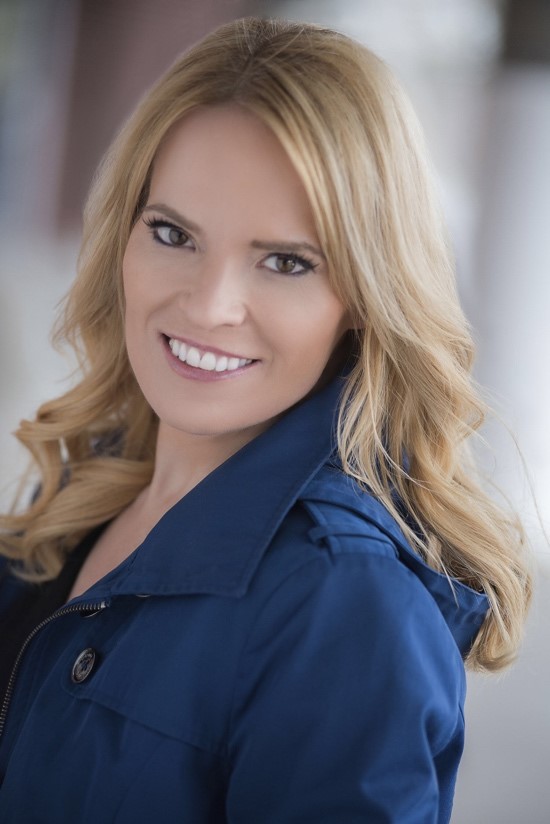
Rayne Lacko believes music, language, and art connect us, and she explores those themes in her novel, A SONG FOR THE ROAD (SparkPress, August 2019), and DREAM UP NOW (Free Spirit Publishing 2020)
Filed under: Uncategorized
About Robin Willis
After working in middle school libraries for over 20 years, Robin Willis now works in a public library system in Maryland.
ADVERTISEMENT
ADVERTISEMENT
SLJ Blog Network
The Moral Dilemma of THE MONSTER AT THE END OF THIS BOOK
Cover Reveal and Q&A: The One and Only Googoosh with Azadeh Westergaard
Winnie-The-Pooh | Review
Parsing Religion in Public Schools
ADVERTISEMENT




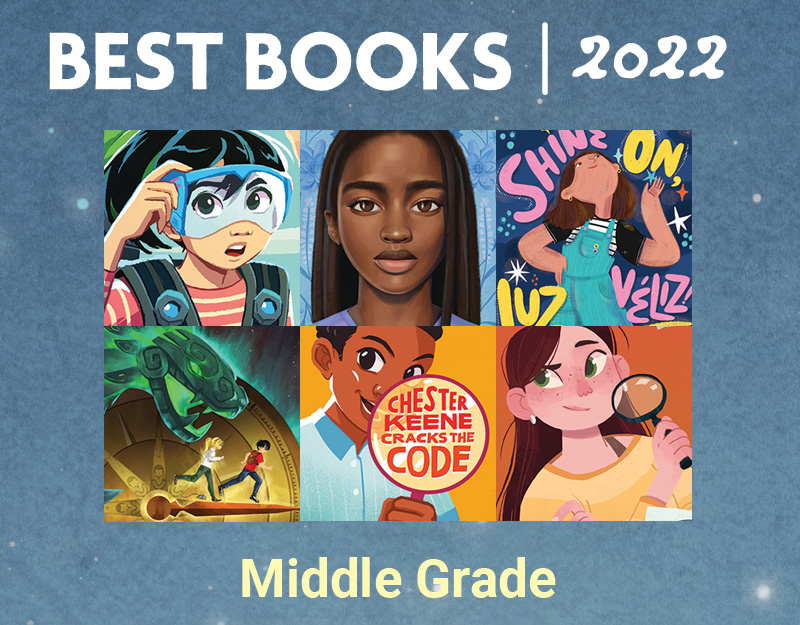
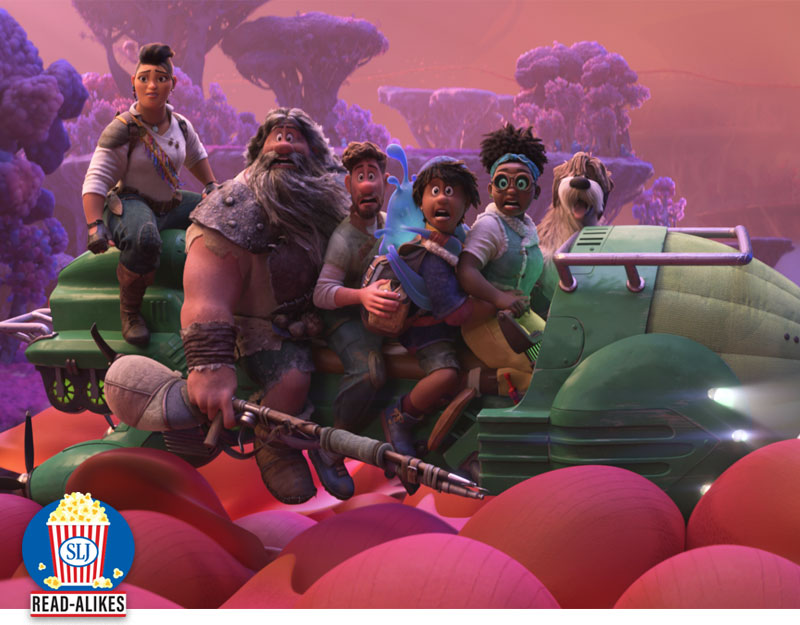
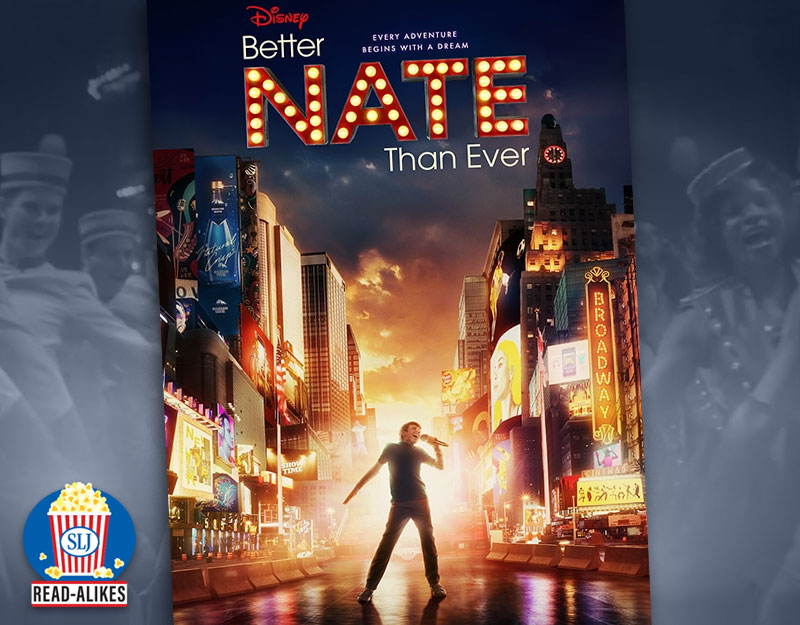
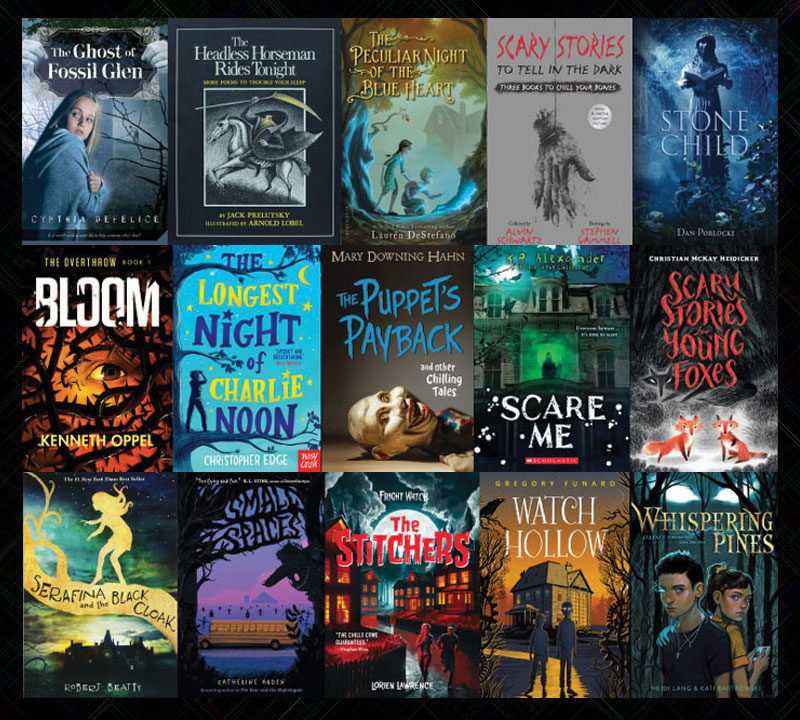
Hi there – very interesting stuff you have here. I’ve been asked to begin a similar type of teen writers’ workshop, and although I’ve published two non-fiction books and hundreds of articles, I’m not exactly sure where to begin. What you include here is helpful, but I am wondering if you have a more specific curriculum that you follow? I would be delighted to have a quick phone conversation with you– or maybe it won’t be so quick!
All my best and thank you so much for this excellent work!
Cathryn